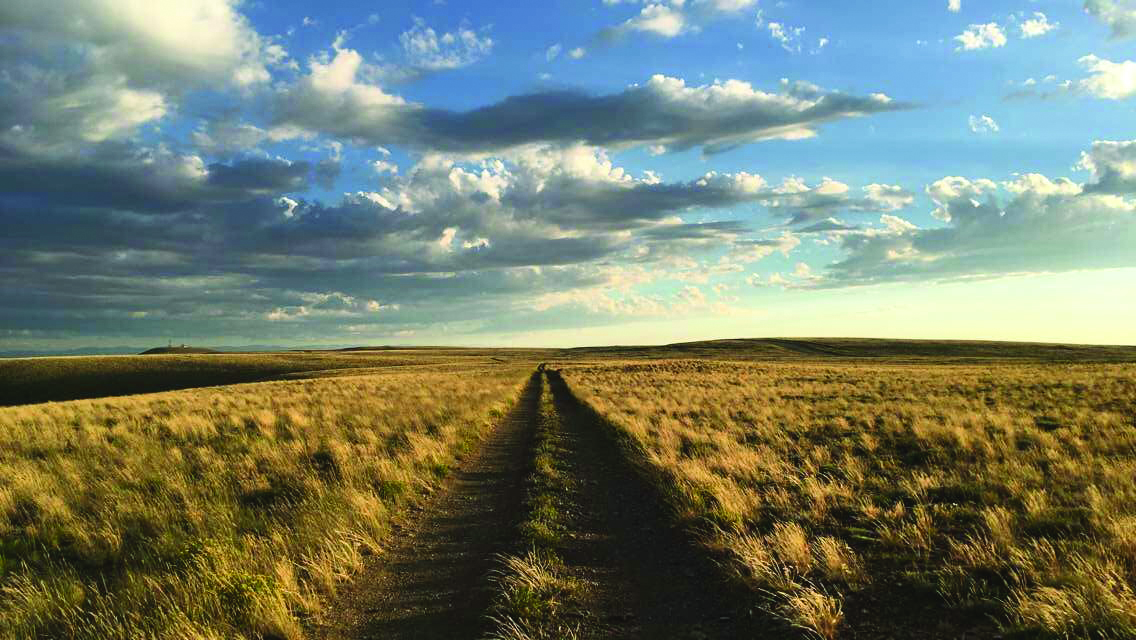Last week, we sent a letter to Representative Liz Cheney opposing draft legislation that would transfer management authority for oil and gas permitting on federal lands to the states while allowing energy developers to circumvent our nation’s bedrock environmental policy law.
The so-called ONSHORE Act (Opportunities for the Nation and State to Harness Onshore Resources Act) is now before the House Natural Resources Subcommittee on Energy and Mineral Resources. If adopted, it would remove essential checks—including public input—that help create a balance between development and conservation on public lands.
Behind the ONSHORE Act is the complaint by some lawmakers that the permitting process for oil and gas development on federal land takes more time than on state or private land. But there’s good reason for this: these are lands owned by all Americans (not energy companies or other private entities) and they are managed for more than one use. Overseeing and analyzing the potential environmental harms of energy development on public health and important shared resources is going, by necessity, to take time.
Even so, there are ways of making the federal leasing and permitting process more efficient without abandoning our collective responsibility to protect the environment, as the ONSHORE Act would do.
In Wyoming and in the United States, we value our public lands for family outings, hunting, fishing, and camping. We also treasure wildlife, clean air, and clean water. Far from being at odds with economic development, these are values that attract and retain workers and greatly enhance our quality of life. People want to live and work in Wyoming and other places with accessible public lands because they know they and their children will breathe clear air, drink clean water, and experience unparalleled opportunities for recreation and exploration.
As we shared with Representative Cheney, the Wyoming Outdoor Council unequivocally opposes the ONSHORE Act because giving management authority to the states would eliminate essential public involvement—including Wyoming voices—in the process of issuing drilling permits. It would also allow states to make these decisions without first considering the potential environmental harms of oil and gas development on public health, wildlife, and other important shared resources.
Please contact Representative Cheney and tell her you oppose the ONSHORE Act.
Lisa
McGee
Executive Director
Staff

